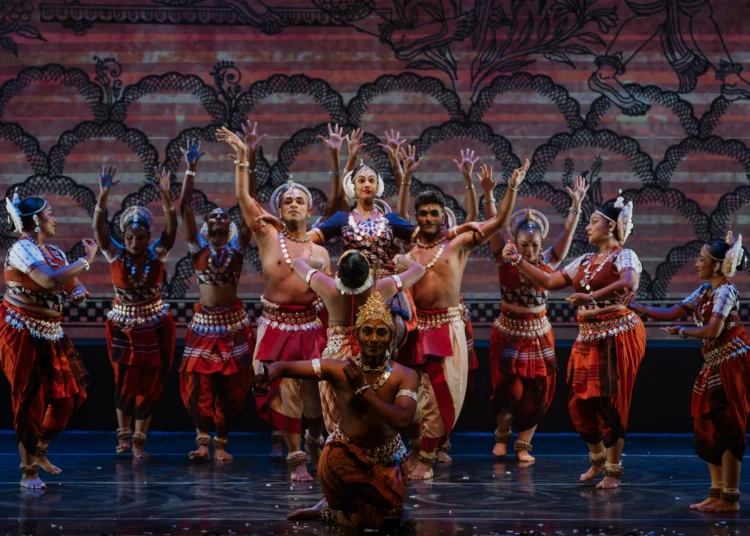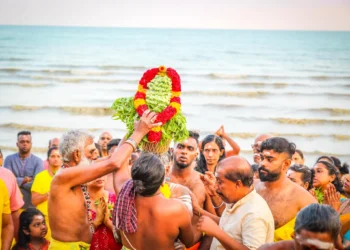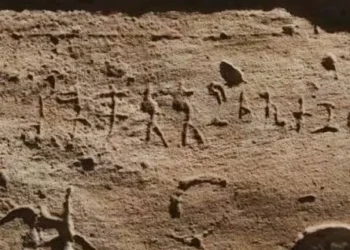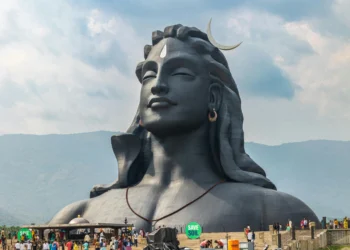What I leave for the world are my books.
– P. Krishnan, Prolific short story writer, playwright, poet and radio broadcaster
A Literary Life
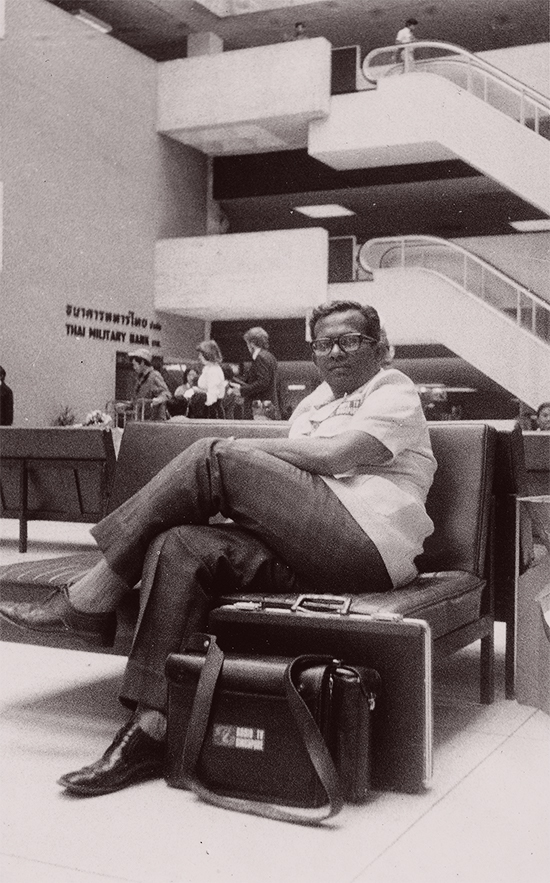
The Malayan Peninsula, present-day West Malaysia, and Singapore have seen the existence of Tamil literature ever since trade was established between the Tamil kingdoms and the Southeast Asian kingdoms. But literature has greatly transformed itself since mediaeval feudal times. Dictated by Western Imperialism and Caste-Feudalism, the 19th century has seen large waves of migration of the Tamil proletariat and sections of the petty bourgeois and bourgeois classes to Southeast Asia. This migration began an epoch of Tamil writers, thinkers, and cultural workers in the diaspora. That was the dawn of modern Tamil literature being birthed in Southeast Asia by both the proletariat and bourgeois classes. Literary works that dealt with colonialism, nationalism, identity, caste, capitalism, culture, and religion were all discussed and discoursed about through the literature they produced. One such prominent voice that emerged and helped bring forth modern Tamil literature in the Malayan Peninsula was P. Krishnan.
P. Krishnan was born in 1932 in Johor. He had left Colonial Malaya in 1947 to Singapore and eventually decided to settle there. It was the love and reverence he felt for the Tamil language and literature in his school days that led him on a path to becoming a literary enigma in his own right. He was also greatly influenced by Awulia Muhammad, a literary enthusiast he had acquainted himself with. Awulia would speak at length about literature to P. Krishnan, who, inspired by the stories he heard, fell in love with the literary world. Along with that, Krishnan’s own dedication to self-studying in the Dravidian Munnetra Kazhagam Library helped him comprehend on a critical level the interiors of Tamil literature and acquire greater knowledge about the world around him.
P. Krishnan was a frequent contributor of short stories to the widely read newspapers of Tamil Murasu and Tamil Nesan. His literary contributions to Tamil Murasu, in particular, dealt with the socio-economic obstacles faced by the middle and lower classes of the Tamil demographic in Malaya. Along with those publications, his works can also be found in Puthu Yugam, Thiraiyoli, Indian Movie News, Ilakkiya Soolai, and Dravida Munetra Kazhagam (Singapore) Annual Publication. The first written essay work that P. Krishnan sent to Tamil Murasu was about Veeraraghava Muthaliar, a 15th-century Tamil poet who came to be known by Krishnan through Awulia Muhammed. He was contributing written work to the newspaper while working as a shopkeeper at an Ayer Rajah military base. His love for Tamil literature also led him, in 1953, to be a founding member of the Singapore Tamil Writers’ Association. Krishnan not only worked as a writer but also, for a period of time, held the position of assistant editor for Tamil magazines such as Munnetram and Sinthanai.
P. Krishnan also went by the name Puthimaithasan in honour of his admiration for the Tamil modernist writer Puthumaipithan. Recognised as a literary pioneer who brought about modernity and social reformist thoughts into the Tamil literary canon, Puthumaipithan has left a lasting and significant impact upon the world of literature. P. Krishnan’s writings yearn for a similar modern and social transition in Tamil society, reflecting a lot of Puthumaipithan’s own philosophy. He has said how much he yearned to be a disciple of Puthumiapithan because he too, like Puthumaipithan, wanted to create a new perspective, a contemporary criticism, to comprehend literature and society through. So it is no wonder that P. Krishnan would want to venerate his literary forefather by fashioning himself with the name Puthumaithaasan. Someone had once written in Tamil Murasu, opposingly about the literature of Puthumaipithan, titling their essay as, Puthumaipithan Ilakiya Methaiya?, This accusation disturbed P. Krishnan enough for him to write an essay in reply to that accusation. The entire discourse over Puthumaipithan lasted eight months, with several other writers contributing their opinions.
Throughout P. Krishnan’s career, he has written a total of 40 stories, 360 plays, and 100 essays. Some of P. Krishnan’s most significant works are Ilakkiya Kaatchigal (1990), Puthumaithasan Kathaigal (1993), and Adukku Veettu Annasamy (2002).
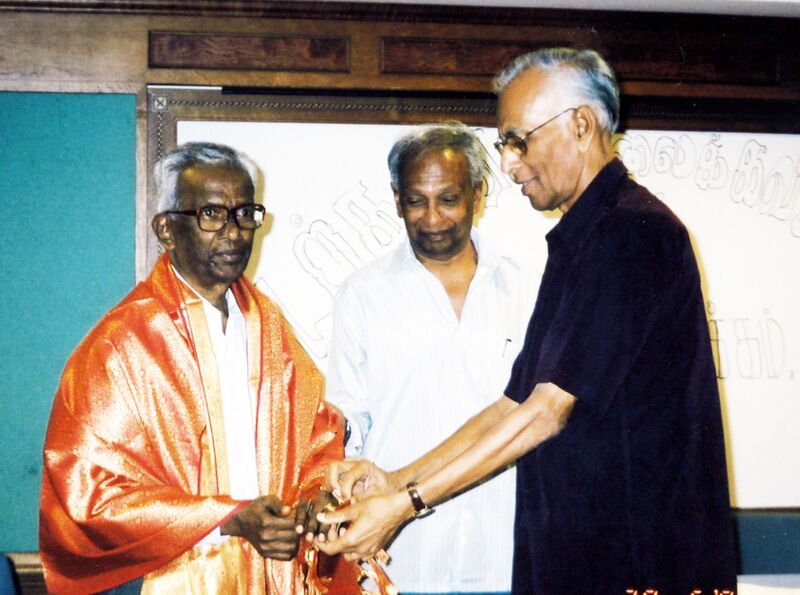
P. Krishnan has won many accolades, such as the 2008 Cultural Medallion for Tamil literature, the highest arts accolade in Singapore. He also received the Thamizhavel Award from the Association of Singapore Tamil Writers in 1998. In 2000, he received the Community Arts and Literary Award that was established by the United Indian Muslim Association. Additionally, he won the 2002 Literary Award by the Singapore Tamilian Association and the 2005 Southeast Asian (SEA) Write Award. He also won the Lifetime Achievement Award at Pradhana Vizha in 2021. In his acceptance speech, he stated how his work as a writer has not ended but continues to exhilarate him.
As a Radio Broadcaster
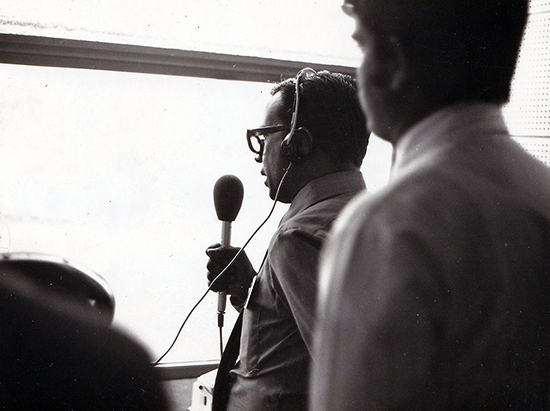
P. Krishnan was first approached by D. V. T. Raj in 1954 to assist him in writing for radio dramas. Krishnan would write short plays for programmes aimed at young students. He had written many short biographical dramas on important figures of the Sangam era for young listeners. It was around 1954 that Krishnan wrote his first full-length drama, titled Inbam Enge, which would be aired in 1955.
Krishnan was also called on by the likes of N. Palanivelu and Ramaiyah to act in their radio dramas. Due to Krishnan’s amazing voice dexterity, he would be given the role of the villain to play. He did all of this while still working at the British Army base, selling household goods to them. He would also go to night classes for English and Malay. But due to his work load, it was difficult for him to maintain his study schedule.
P. Krishnan began his official career as a radio broadcaster at Radio Singapura on January 1, 1962. He was appointed a broadcasting assistant in Grade 3. He covered many general programmes, even being part of dramas that were created to advertise products. Krishnan has also written crime dramas for the programme. As a writer more familiar with writing comedy dramas, writing crime was a challenge for him. P. Krishnan would go on to write some of his most celebrated radio dramas, Maadi Veetu Mangalam and Aduku Veetu Annasamy, in the 1960s.
His Translations of Shakespeare
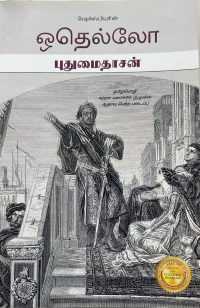
When one reads the great thespian Shakespeare, especially when one is Tamil, it is very easy to be absorbed into his works because of the aesthetic of language and ecstasy of emotion that he produces. We read Shakespeare because his literary works are still relevant to our modern lives. Tamil and Shakespeare are two unique and particular cultural realms; to embed them both together and create a new world through translation is no easy task. But P. Krishnan had arduously taken this task upon himself. Translating literary text is not a mere act of exchanging words but a complex responsibility that involves creating something completely new but unchanged from its root.
P. Krishnan has translated seven great works of Shakespeare into Tamil, including Macbeth, Hamlet, Othello, King Lear, The Tempest, Julius Caesar, and Romeo and Juliet. Since he had grown up watching Shakespeare plays being played, he was very familiar with the material. He had grown to understand the complexity, both in language and in literature, of the world that Shakespeare had created and achieved through his writing. To translate a text like Shakespeare into Tamil requires a profound understanding of the Tamil language. It necessitates an anatomical comprehension of Shakespeare. P. Krishnan’s accomplishment of this task proves just how opulent and powerful his literary mastery is.
P. Krishnan is a true literary goliath who has spent decades sharpening his skills and contributing immensely significant work to Tamil and World literature. His creations shall be treasured for as long as both Literature and Tamil exists among the living.
Sources: National Library Board Singapore, Vallinam, Art House Limited
Follow us on Instagram, Facebook or Telegram for more updates and breaking news.


